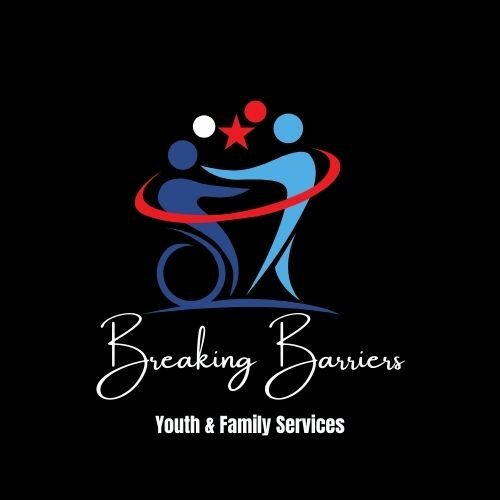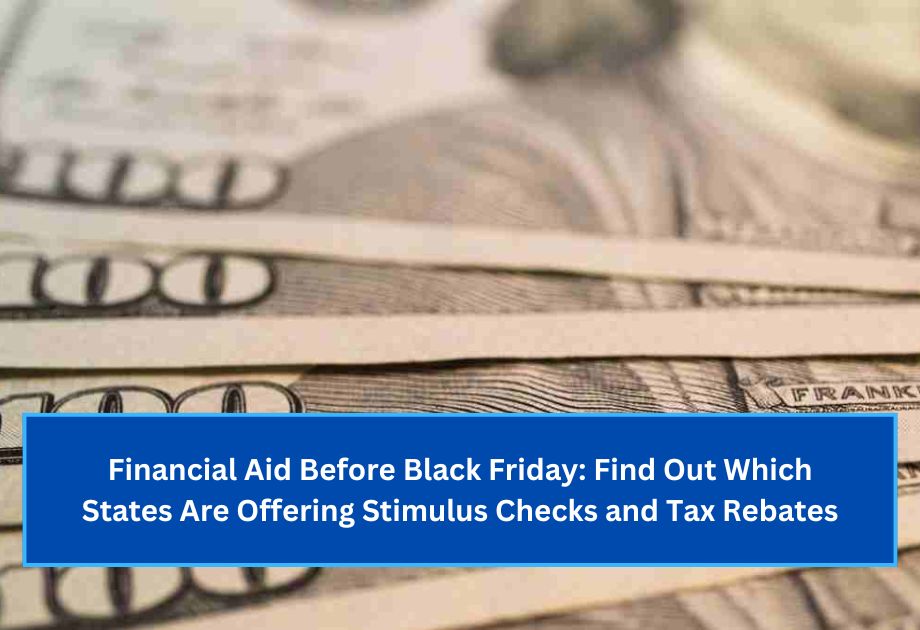The last two months of the year are a special time in the United States. With Thanksgiving Day and the much-anticipated Black Friday, people are excited to celebrate and shop. This year, many residents will also receive financial aid, including stimulus checks, tax rebates, and other forms of relief. These payments are designed to help families manage their expenses and make the holiday season a little easier to enjoy.
The U.S. government has rolled out various financial relief programs in response to inflation, with specific help for low-income families. These payments aim to reduce financial stress for families as they prepare for Thanksgiving, Christmas, and the New Year. Let’s take a look at the state-by-state breakdown of financial aid programs set to provide support before Black Friday.
State-by-State Financial Aid Before Black Friday
Several states are offering tax rebates and stimulus checks to provide residents with extra funds. Here’s a summary of the key financial relief programs available before Black Friday:
Child Tax Credit: California
- Amount: Up to $3,600 per qualifying child.
- Details: California residents can expect Child Tax Credit payments to be issued soon, with eligible families receiving a lump sum of up to $3,600 for each qualifying child.
Additional Support for Young Families
- Amount: Up to $1,083 for families with children under six.
- Details: Families who meet the eligibility criteria and have children under the age of six can receive up to an extra $1,083 to support their holiday expenses.
| State | Program | Amount | Eligibility |
|---|---|---|---|
| California | Child Tax Credit | Up to $3,600 per child | Eligible families with children |
| New Mexico | Tax Rebate Program | Up to $1,000 for married couples, $500 for individuals | Tax filers by May 31, 2024 |
| Colorado | TABOR Refund | $847 (single), $1,694 (joint) | Colorado residents filing taxes |
| Arizona | Family Tax Program | $250 per dependent under 17, $100 for others | Low-income families with dependents |
| Maryland | Extended Tax Credit | $500 per child or special needs person | Families with children under 6 or those with disabilities |
State Financial Aid Programs in 2024
Here are some other states offering relief before Black Friday:
New Mexico
- Amount: Up to $1,000 for married couples; up to $500 for individuals.
- Details: New Mexico residents who filed their taxes by May 31, 2024, can expect a rebate. Married couples can receive up to $1,000, while individuals can receive up to $500.
Colorado
- Amount: $847 for singles; $1,694 for joint filers.
- Details: Colorado’s TABOR program redistributes excess state funds back to taxpayers. Single filers will receive $847, while joint filers will receive $1,694.
Arizona
- Amount: $250 per dependent under 17, $100 per dependent over 17.
- Details: Arizona’s Family Tax Program offers rebates for low-income families, providing $250 for each dependent under 17 and $100 for dependents over 17.
Maryland
- Amount: $500 per child or person with special needs.
- Details: Maryland’s extended tax credit program benefits families with children under 6 or individuals with disabilities. Up to 40,000 households could receive $500 per child or special needs person.
Conclusion
The final months of 2024 bring much-needed financial relief to many families across the United States. Whether through Child Tax Credits, state rebates, or family-focused programs, these initiatives help ease financial pressure, allowing families to enjoy the holiday season without as much stress. Make sure to check if you’re eligible for these payments and take advantage of these opportunities before Black Friday.
FAQ’s
When can I expect financial aid before Black Friday?
Most payments will be issued by November 2024. Check your state’s specific dates.
How much can I get from tax rebates and credits?
Amounts vary by state. For example, you could receive up to $3,600 per child in California, or $1,000 in New Mexico.
Who is eligible for these programs?
Eligibility depends on factors like your income, family size, and state-specific rules. Be sure to check the guidelines for your state.

